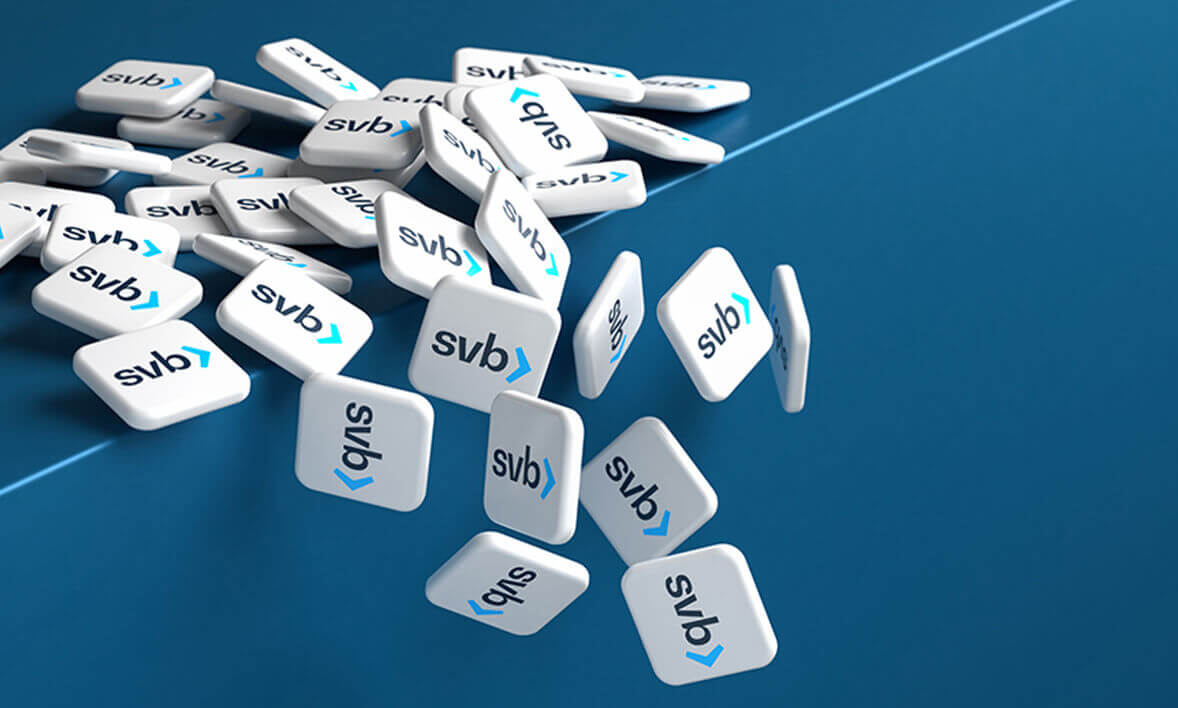The Illusion of Safety
Lessons from the SVB collapse.
The 16th largest bank in the United States, Silicon Valley Bank or SVB, has gone bust, making it the second largest bank to go down since 2008.
SVB has been taken over by the Federal Deposit Insurance Corporation (FDIC) as the bank’s customers rushed in to withdraw their deposits.
The FDIC insures deposits of only up to $250,000 and SVB had over $175 billion in deposits.
Almost all of its deposits belonged to technology companies in Silicon Valley, who parked the funds they raised from private equity funds and venture capitalists with SVB.
For instance, a streaming company had $487 million in SVB, which is over 25% of its cash.
Just two years back, SVB’s deposits had surged 100% to $124 billion, significantly higher than big banks like JP Morgan Chase.

How did SVB get so much of deposits?
It goes back to the go-go days of zero interest days after Covid when technology companies raised billions of dollars from investors who fell over each other to invest in them.
The pandemic-induced shutdown had led to a surge in technology spending across sectors as companies sought solutions to ensure smooth contactless operations.
A zero-rate environment made investors keen to fund any company that offered a solution – even on the drawing board.
SVB accepted millions of dollars in deposits from its technology company clients, believing that interest rates would remain low forever.
What went wrong at SVB?
As they say, when things go wrong, almost everything goes wrong.
SVB had invested most of these deposits in long-term bonds. Nothing wrong with that.
These bonds started piling up mark-to-market (MTM) losses as bond prices began falling when the US Federal Reserve started to raise interest rates to check inflation.
SVB racked up MTM losses of nearly $15 billion, almost equal to its capital base of $16.2 billion.
The problem started when SVB announced it had sold some of the bonds at a loss and was looking to raise $2.25 billion in the capital.
The move to raise capital made private equity and venture capital funds call up their investee companies and ask them to pull out their deposits from SVB.
The company’s stock crashed by over 60%, and the capital raising plan failed.
SVB is now in receivership.
So, you thought FDs were safe?
In India, the Deposit Insurance and Credit Guarantee Corporation guarantee bank deposits up to Rupees five lakhs.
With rising interest rates, be wary of investing money in get-rich-quick deposits and schemes.
Yes, you must look for avenues to get better returns.
Apart from fixed deposits, there are other avenues for investing your hard-earned money.

Investment-grade corporate bonds, government securities treasury bills, and debt mutual funds are some fixed-income investment avenues available for you.
Consult your financial advisor before making any investment.
We are sure you enjoyed reading this article.
If you are interested in investing and want to learn more about Bondbazaar, sign up now to get started on your journey of common-sense investing.
Liked what you read? Share this article with your followers.
Sign up and follow us on and to get the best stories on Investments, Strategies, Tools, Ideas & Insights to help you Grow and Conserve your wealth.

